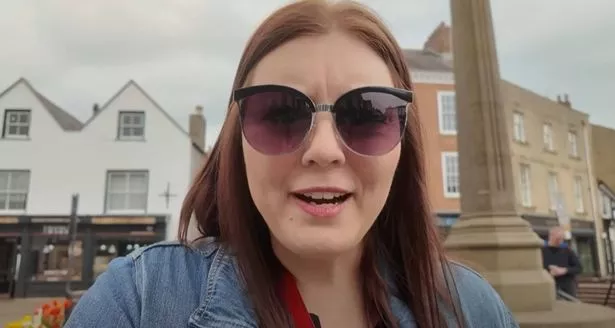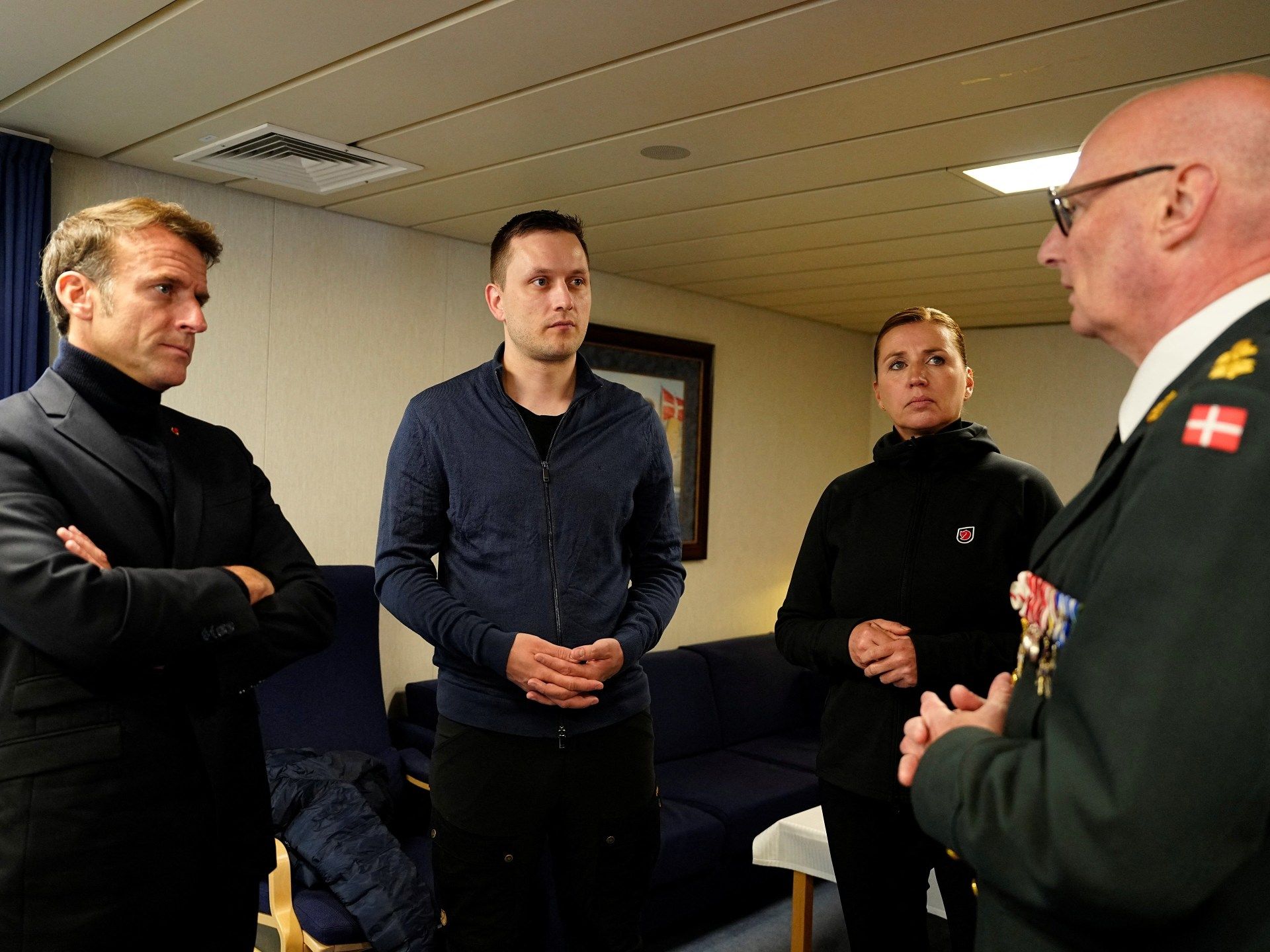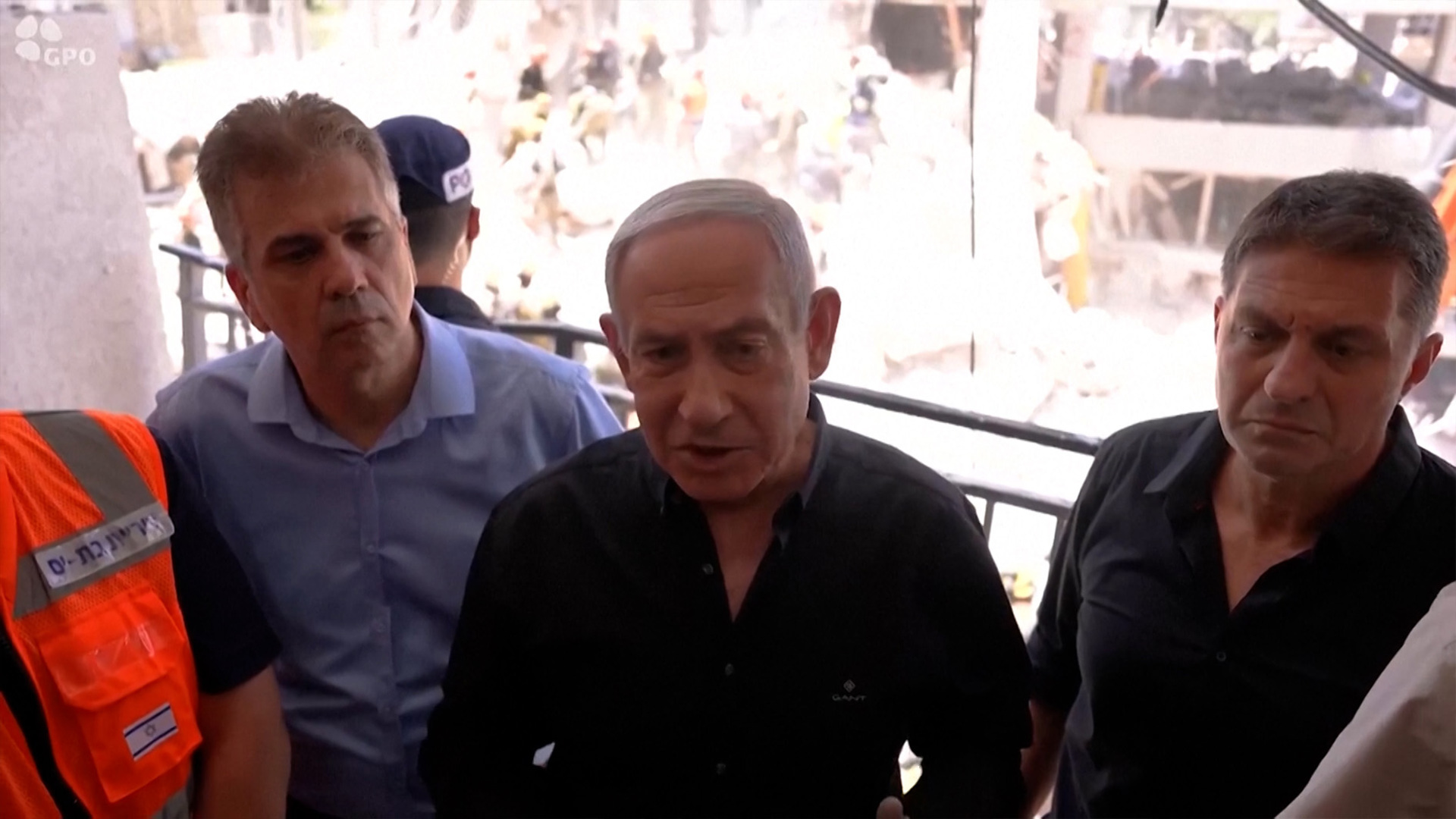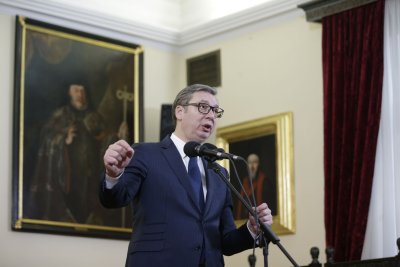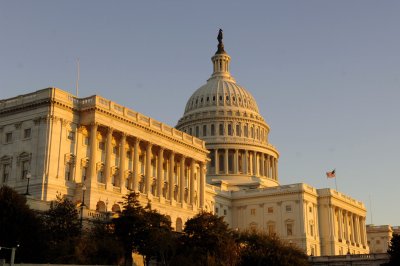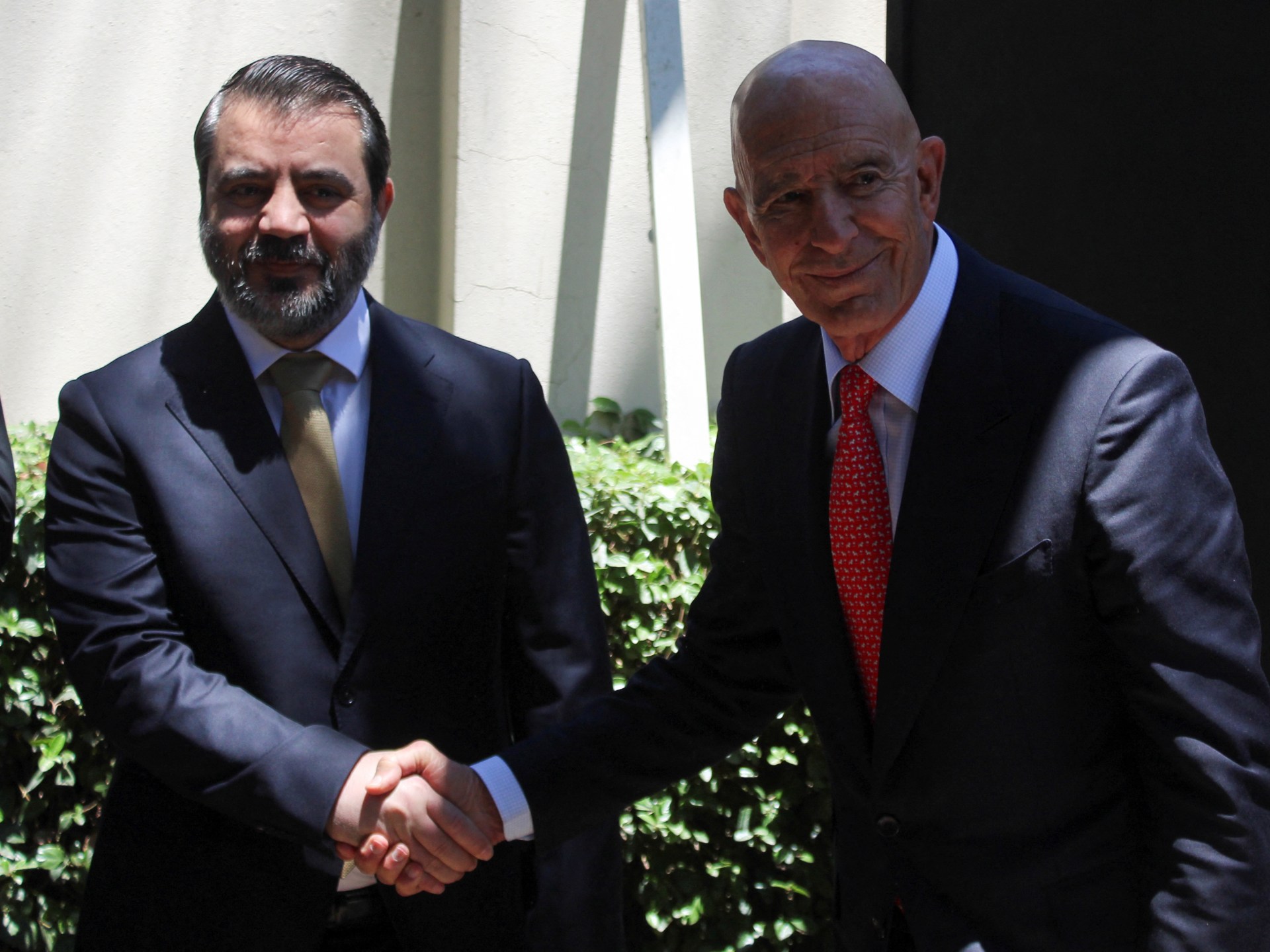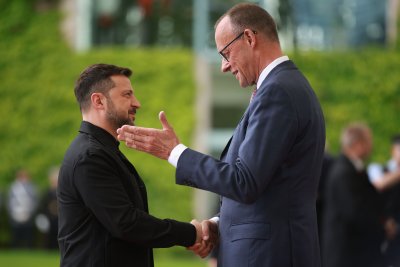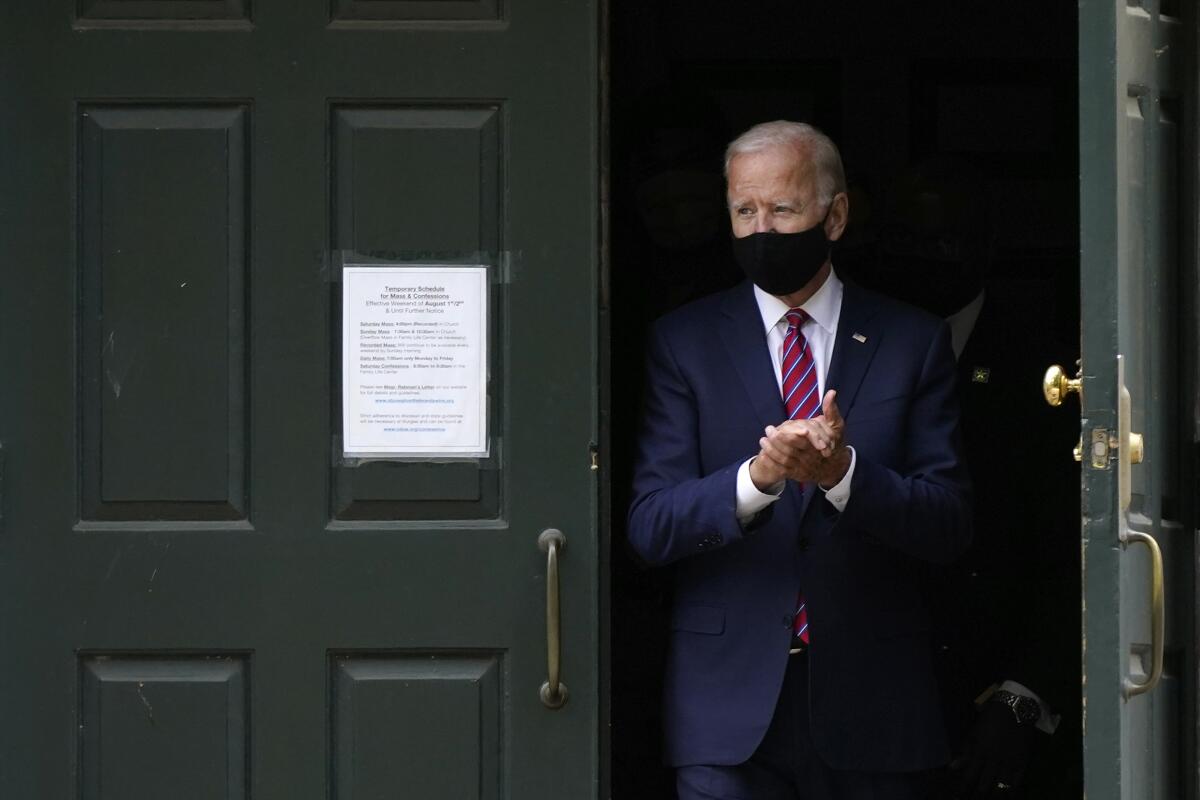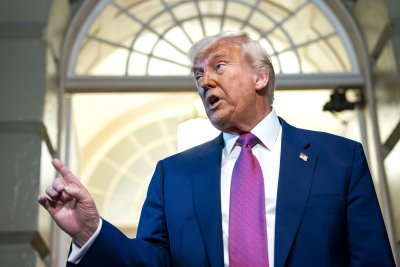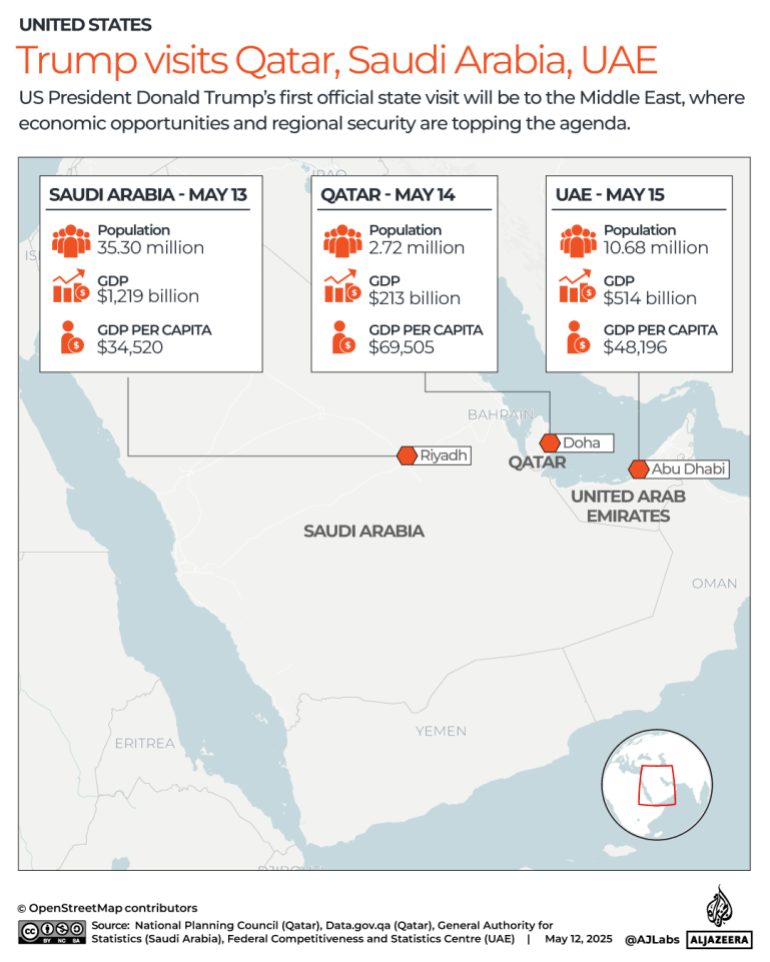Cara, who runs The Magic Geekdom channel, spent the day in Knaresborough and said she was “seriously considering” moving to the UK after her visit to the North Yorkshire town
An American YouTuber has been left utterly enchanted by Yorkshire, declaring her desire to relocate after being awestruck by the region’s charm.
The vlogger named Cara, who operates The Magic Geekdom channel with a following of 75,700 subscribers, has had her “mind blown” by Knaresborough, which she dubbed a “hidden gem”.
In the blurb for her most recent video, entitled This Yorkshire Town Made Me Want to Move to the UK (Again), she shared: “I’ve been wanting to visit this Yorkshire town for YEARS after seeing it in a YouTube video and it absolutely lived up to the hype.
“This charming place completely stole my heart with its medieval castle ruins, fantastic cream tea in a 400-year-old tearoom, and England’s oldest paid tourist attraction.” She added: “By the end of the day, I was seriously considering how much those riverside houses cost…”
Kicking off her video as the sun rose, she remarked on Knaresborough’s “lovely, sleepy and quiet” atmosphere at dawn.
Diving into the local sights, her adventure began at Knaresborough Castle, where she expressed to her audience: “A sign at the entrance says there’s been a castle here since the 12th century which always blows my American mind.”
Subsequently, she was taken aback by the spectacular views from the castle grounds, affording panoramic views not only of the landscape but also of the impressive viaduct and the township below.
She said: “It is just really beautiful here. I am sure part of it is that we are here early but there is something very peaceful and lowkey that I really enjoy about Knaresborough so far.”
Echoing Cara’s sentiment, a former police officer who patrolled the town shared his experience in the comments section, saying: “I was lucky to be a village bobby here for 6 years. Knaresborough folk were the best and policing the town was a dream.
“The local nick is right next to [the] castle and [has a] surprise view overlooking the viaduct.
“It was the best feeling ever to be able to go out, walk the town on foot, and take in the view at first light with a pork pie from the local baker who seemed to be the only other living soul up and at work.”
The officer reflected that this sense of fulfilment will always stay with him, before emphasising: “Some things in life are as good as the expectation but occasionally they are better.”
On her day out, Cara popped by Honey Bee’s at Hannah’s for some cream tea before making her way down to the riverside.
She described the area as “so beautiful” and noted that despite more people arriving, it managed to retain its tranquil charm. During her explorations, she remarked on the “magnificent looking” homes and expressed her desire to live there, while recognising they appeared quite pricey.
The globetrotting tourist, who’s explored the length and breadth of the UK, next experienced England’s most ancient visitor spot, Mother Shipton’s Cave, followed by a museum showcasing petrified possessions of famous individuals like John Wayne, Agatha Christie, Warrick Davis, and Queen Mary at the local wishing well.
Reflecting on her day, she cheerfully commented: “What a lovely day out this place is. It is just full of mystery. It has a nice stroll through the woods and cool petrified things – you can’t go wrong.”
Her video captured the hearts of many, with one local responding: “I live in Knaresborough. And it is indeed beautiful. It’s a thrill to think that you were here.”
Another encouraged: “If you wanna move to England, get the process moving, you’re more than welcome.”
An excited American shared their anticipation: “My first ever trip from the US to England is in two days and I’m beyond excited to explore Yorkshire.”
And a Lancashire woman reminisced: “Lancashire lass here, but my lovely dad was a Yorkshire man, so I lay claim to having Yorkshire blood. At least once a month, he’d drive us down the A59 across the border to breathe some good Yorkshire air and Knaresborough was one of our favourites. And Yorkshire tea is the only tea I drink, nothing else comes close.”


